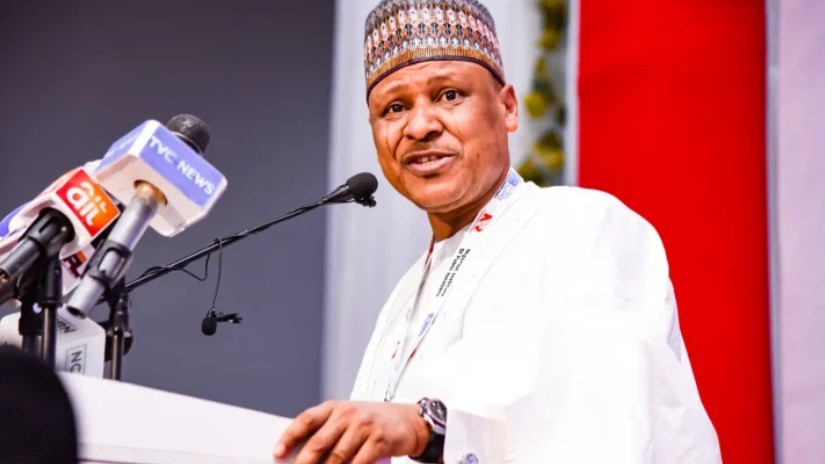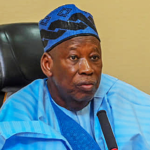
The Minister of Information and National Orientation, Mohammed Idris, said, on Thursday, that the $150bn Samoa Agreement entered into by the Federal Government was in the best interest of the country.
He said the agreement did not contravene the Nigerian Constitution and other laws of the land, including the law against same-sex marriage.
The minister was reacting to a report by Daily Trust, which suggested that the Samoa agreement included clauses that require underdeveloped and developing nations to support LGBTQ rights as a condition for receiving financial and other forms of support from advanced countries.
As a result of the report, the agreement has been condemned by many Nigerians.
But in a statement on Thursday, Idris denied that the agreement was meant to promote same-sex relationships in the country.
He said, “It is instructive to note that there is an existing legislation against same-sex relationships in Nigeria enacted in 2014.
“It is necessary to assure Nigerians that the President Bola Tinubu administration, being a rule-based government, will not enter into any international agreement that will be detrimental to the interest of the country and its citizens.
“In negotiating the Agreement, our officials strictly followed the mandates exchanged in 2018 between the EU and the OACPS for the process.
“The Samoa Agreement is nothing but a vital legal framework for cooperation between the OACPS and the European Union, to promote sustainable development, fight climate change and its effects, generate investment opportunities, and foster collaboration among the OACPS member states at the international stage.”
Idris said the agreement was signed on June 28 “after extensive reviews and consultations by the Interministerial Committee, convened by the Federal Ministry of Budget and Economic Planning in collaboration with the Ministry of Foreign Affairs and the Federal Ministry of Justice.”
“It was ensured that none of the 103 Articles and provisions of the agreement contravenes the 1999 Constitution, as amended, or the laws of Nigeria, and other extant laws.”





